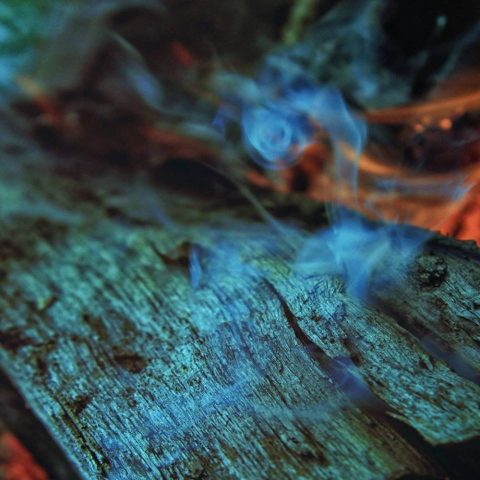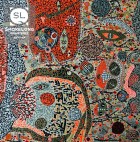Your title, “The Sugar That Comes from Funerals,” is so beautifully striking as both a title and a key resonate image in the piece. It does so much work in opening up emotion, culture, sensory experience, and memory. Did this image of funeral sugar come first (as some titles do) or was it something you found as you wrote the piece?
I was working with dark and light subject matters when I wrote this story, so I wanted to achieve a balance of opposite and complementary forces. In my mind, Greek funerals always taste like sugar because of the food and sweetened coffee served after the service. The sugar of funerals is offset against the salt of the sea. I played around with these concepts until I came up with my title after I’d written this piece.
One of the things I love about your story is how both tender and fierce it feels. In fact, it reads like a study in contrasting emotions. Did telling this story in flash aid in creating such a delicate picture of the chaos that is emotion, especially teen emotion (or make it more difficult)?
Flash fiction has come to be my preferred method of storytelling. I’m attempting minimalism, which is something I never thought I’d introduce into my life. I like how flash can be conscious and concise, but also dreamlike and introspective, and I wanted to weave those qualities into my story.
I love stories like this one that build a strong sense of place, that are very planted, not just in a geographical zone, but in the complicated meanings that we people overlay on spaces. How does a sense of place inform your work?
This is one of the few times I’ve written a piece set in a concrete location. I usually set my stories adrift in space and time. This time, however, I drew inspiration from my grandparents’ seaside village, where I used to spend my summer holidays for the first eighteen years of my life.
Sexuality is such a complicated space and this piece embraces that, giving us no neat boxes or bows. It feels so important, as if this piece gives us a moment of pure truth. Do you actively search for these blurred spaces in your own art and in other people’s art?
Absolutely. I prefer blurred spaces to crisp lines. The human experience is difficult to compartmentalize, although there are cases where labels are liberating and bring people together instead of dividing them.
What is a word you really, really love?
My current favorite is the word “liminality.” I also like the concept of liminal spaces, which tends to appear a lot in my writing.


